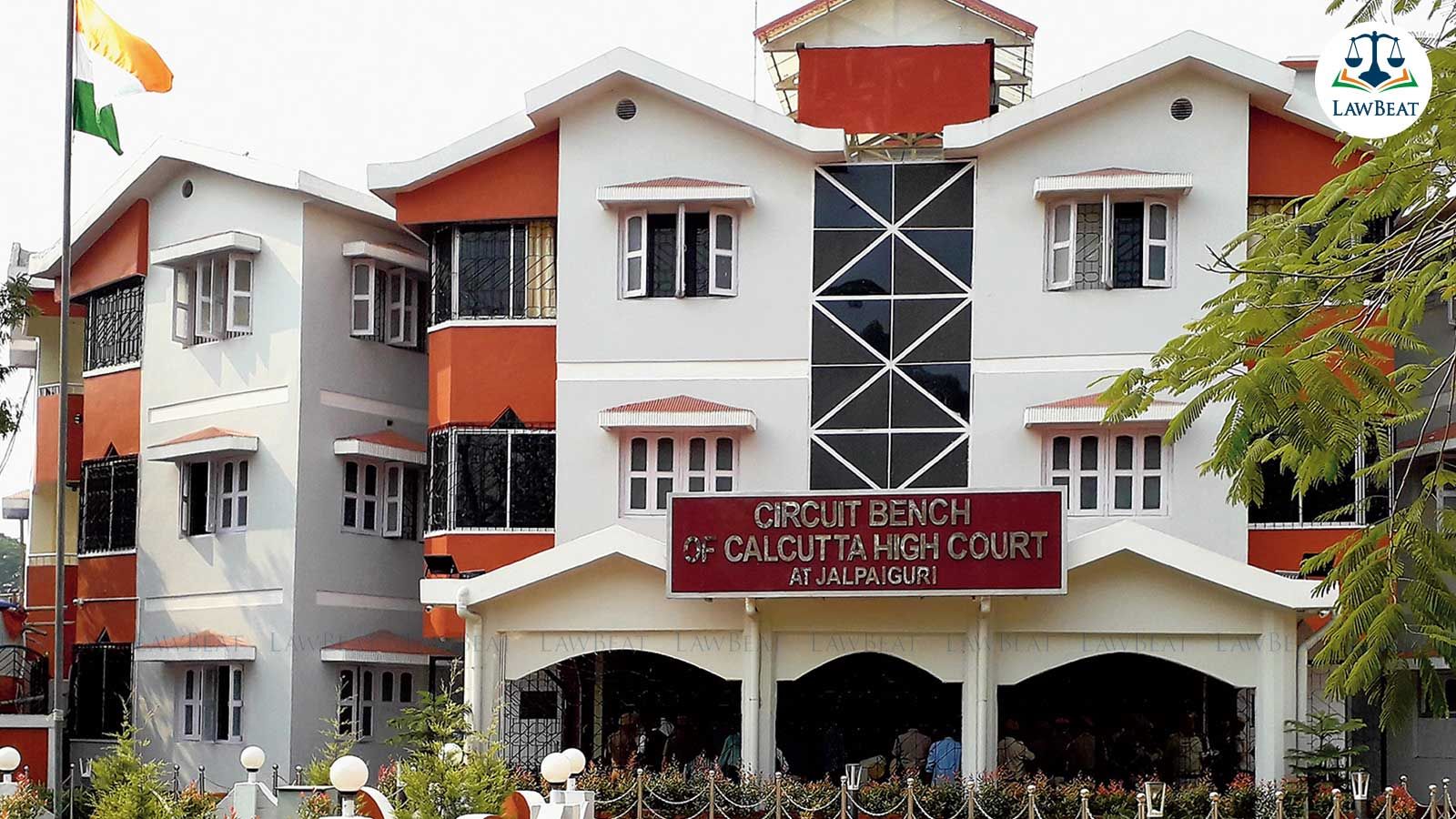Calcutta HC discharges widow accused of marrying a married man who allegedly tortured his wife

Court while discharging the widow observed that the essential ingredients to attract Section 498A of the CrPC were completely absent against her.
The Calcutta High Court at Jalpaiguri circuit bench recently discharged a widow in an FIR lodged under Sections 498A, 494 and 506 of the Indian Penal Code accusing her of marrying the husband of the complainant, on the grounds that materials on record including the complaint prima facie revealed that the allegations were made against the principal accused, i.e. the husband of the complainant.
The single judge bench of Justice Ajoy Kumar Mukherjee observed, “Here the materials on record including complaint prima facie reveals that allegations were levelled against principal accused, i.e., husband of defacto complainant and as such the court below ought to have held that the criminal prosecution against the present petitioner under the aforesaid section is not sustainable.”
The complainant alleged that her husband subjected her to physical and mental cruelty for failing to fulfill his additional dowry demand; as a result, she and her child were forced to return to her father's home. In her complaint against the petitioner, she alleged that her husband married the accused widow and after learning of this, she attempted to contact him, only to be threatened over the phone that he would end their marriage.
On the basis of the complaint, police initiated an investigation and filed a chargesheet against the petitioner and the husband of the complainant under Section 498A (Husband or relative of husband of a woman subjecting her to cruelty), Section 494 (Remarriage during the lifetime of husband or wife), and Section 506 (Penalty for criminal intimidation) of the Indian Penal Code.
The petitioner submitted an application for discharge under Section 239 of the Criminal Procedure Code to the Judicial Magistrate of the 1st Court in Jalpaiguri, which was denied by an order dated February 17, 2023. Thereafter, the petitioner lodged an application under Section 482 of the Criminal Procedure Code before the High Court challenging the Magistrate's order.
Counsel for the petitioner argued that the petitioner was neither the wife of the de facto complainant's husband nor a relative of her husband, and in the chargesheet, police had failed to provide any documentary evidence to support the petitioner's alleged second marriage to the complainant's husband, so that the present case fell under Section 498A of the Indian Penal Code.
It was further submitted that an application under Section 494 of the IPC could not be filed against the present petitioner.
On the other hand, the counsel for the State argued that since the husband of the complainant had married the present petitioner, the petitioner was her husband's current wife, who had also inflicted maltreatment, and therefore, Section 498A applied to the present petitioner.
The court noted that Section 494 of the Indian Penal Code addresses the situation in which a wife with a living spouse remarries. It was stated that as per the FIR, the petitioner was/is a widow, and as such, Section 494 did not apply in the present context.
The court also noted that based on a review of the case diary and other materials in the file, there was no evidence that the petitioner was married to the complainant's husband, nor was there any specific allegation that she had subjected the complainant to mental or physical cruelty.
The court said, “Even if for the sake of argument, the court comes to the conclusion that there is any marriage with the petitioner, even then Section 498A does not attract in the present context, as there is no allegation of inflicting cruelty by the present petitioner anywhere in the record. Moreover, the petitioner cannot be treated as a relative of the complainant’s husband in view of the bar laid down in section 5 of the Hindu Marriage Act, 1955.”
The court said that the essential ingredients to attract Section 498A of the CrPC were completely absent against the present petitioner.
The court further stated, “Besides adding a sentence casually at the end of FIR to attract another section, there is also no material which can support proceeding against the present petition under Section 506 of the Code.”
Hence, the court held that the continuation of further proceedings against the petitioner would be an abuse of the court process, as the petitioner's likelihood of conviction under Section 498A, 494, or 506 of the IPC was remote.
Consequently, the court discharged the petitioner in this case.
Case Title: In re: Piyali Mandal Majumder @ Madhumita Mandal v. State & Anr.
